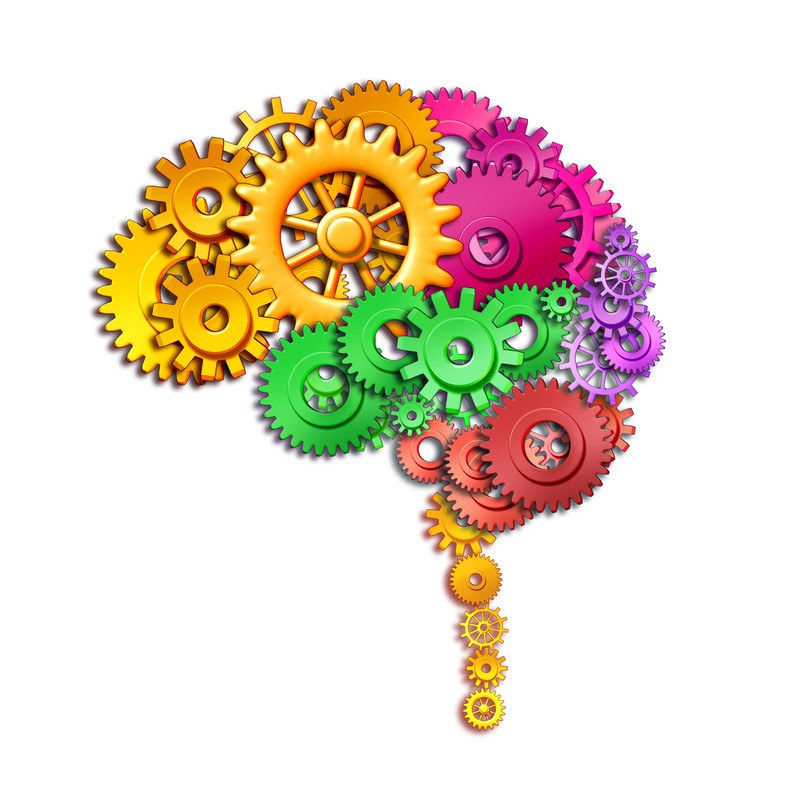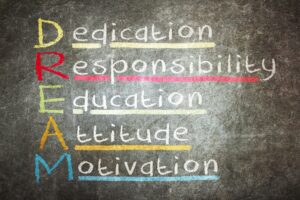How Habits Can Make or Break Your Productivity
Why Can’t I Just Do It?
We make lists. We set goals. We plan. We go to pretty amazing lengths to avoid procrastination. At some point, we may become so accustomed to putting things off we may give up planning for anything and just wait until last minute. Calling a friend, going for a run, and doing laundry before we are completely out of socks, are things we know we need to do. WHAT STOPS US?
Blame Your Brain
One factor contributing to procrastination has to do with the natural habit-forming process in the human brain. Dr. Nora Volkow, Director of the National Institute on Drug Abuse, and expert on the brain’s pleasure-reward systems, explains that creating good habits means fighting against instant gratification. The anxiety, panic, frustration, and other feelings associated with the time it takes to finish something, can keep us from beginning or continuing, things we need to do. These feelings may be temporarily relieved by doing something pleasurable. Dopamine is the feel-good chemical in your brain. It helps you feel at ease. That is why looking at silly cat videos on YouTube or checking Facebook can be so attractive when facing a deadline.
Why is it sometimes difficult to stop checking and rechecking social media? Habit. The human brain creates patterns for efficiency sake. Learning a new skill or habit requires a considerable amount of energy and brain power because the brain is forming new neurological pathways and circuits previously nonexistent. Once a skill or habit is learned, the brain sends signals through these pathways. The more the skill or habit is practiced the quicker and more efficient the brain becomes at sending the signals. Check out this video to understand how quickly this process happens.
When working on a long project or assignment, if your brain has become accustomed to the repeated momentary reward of dopamine coming from Facebook, a snack, or even using the bathroom, it will be more difficult to sit through three hours of cranking that assignment out. So what can you do?
Shape Your Brain
The good news is the opposite is also true. The more practice you get focusing on a task all the way through to completion, the more your brain will become accustomed to this mindset. In other words, once a pattern in established it can also be changed.
Motivation enthusiast and writer for the NBC news, Lauren Neergard, offers some suggestions to help get you started forming better habits and skills:
- Repetition. Do it again and again.
- Reward yourself. If you are working on a long term assignment or exercise for a week, treat yourself! It will encourage you to repeat your hard work.
- Monitor your stress level. Resist the urge to self-medicate or soothe negative feelings through quick fixes when bad things happen throughout the day. Instead of grabbing a doughnut after an argument with your spouse, be mindful of your discomfort and choose a banana or apple – or even deep breathing – instead.
Our brains have incredible capabilities. The same process used to create bad habits in our brain can be used to start and maintain amazing and productive habits.
Looking to make a change? Take a few minutes and watch this video on breaking bad habits. For more information on the power of dopamine, listen to Dr. Volkow discuss the role of dopamine the habit forming process of the brain.
Good Luck!
Contributed by
Angela Blocker , M.A, LMFT Associate
Clinical Supervision by Amy Fuller, PhD, LMFT, LPC
References
- Cimons, M. (2013). Exploring the Brain’s Relationship to Habits. Retrieved January 22, 2016, from http://www.nsf.gov/discoveries/disc_summ.jsp?cntn_id=126567
- Hall, A. (2014). The Science Behind Our Urge To Procrastinate. Retrieved January 22, 2016, from http://www.huffingtonpost.com/2014/07/15/science-of-procrastination_n_5585440.html
- Neergard, L. (2011). Can’t kick bad habits? Blame the brain. Retrieved January 22, 2016, from http://www.nbcnews.com/id/40893205/ns/health-behavior/t/cant-kick-bad-habits-blame-brain/#.VqJbM_krLIU
- Wise, R. A. (2004). Dopamine, learning and motivation. Nature reviews neuroscience, 5(6), 483-494.










